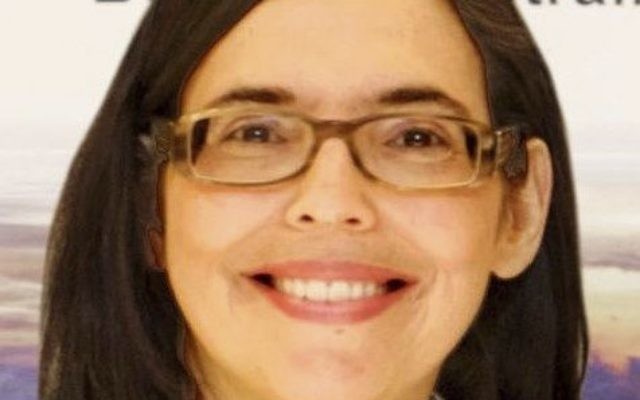A heartening collaboration
THE ability to regenerate heart tissue in humans is one step closer, thanks to collaborative research between leading scientific and medical institutes in Australia and Israel, proving it is possible to regenerate heart tissue in a mouse.
Roz Kaldor-Aroni, CEO of AUSiMED – Australia/Israel Medical Research – said that scientists are now closer to understanding how to make the heart regrow when damaged from cell death and scarring following a heart attack.
The findings were announced recently by the Victor Chang Cardiac Research Institute in Sydney and the Weizmann Institute in Israel, and have been published in reputed scientific journal Nature Cell Biology.
“Scientists have examined regrowth of damaged hearts in fish and salamanders for years and until now had not been able to recreate this phenomenon in mammals,” Kaldor-Aroni explained.
Dr Gabriele D’Uva, a postdoctoral fellow at the Weizmann Institute, observed that heart muscle cells in newborn mice cease being produced after the first week of life.
Further investigation showed that the difference over this period was the amount of ERBB2 present on the cardiomyocyte (muscle cell) membranes. ERBB2 is a protein that transmits external messages into the cell.
The team at Weizmann then discovered that by inducing a heart attack in mice and then stimulating ERBB2 for a short period, using a growth factor called Neuregulin 1, heart muscle cells divided in a spectacular way in both adolescent and adult mice and they obtained nearly complete heart regeneration within several weeks.
“The results were amazing,” said senior investigator, Professor Eldad Tzahor of the Weizmann Institute. “As opposed to extensive scarring in the control hearts, the ERBB2-expressing hearts had completely returned to their previous state.”
It appears that the ERBB2 reverted the heart cells to an earlier embryonic form which then allowed the regeneration process to reoccur.
Cardiac repair expert Professor Nadia Rosenthal, director of the Australian Regenerative Medicine Institute at Monash University, lauded the collaboration.
“This Australia/Israel collaboration has uncovered an important pathway, essential for normal heart development that represents a promising candidate for intervention in adult heart disease,” she said.
AJN STAFF


comments